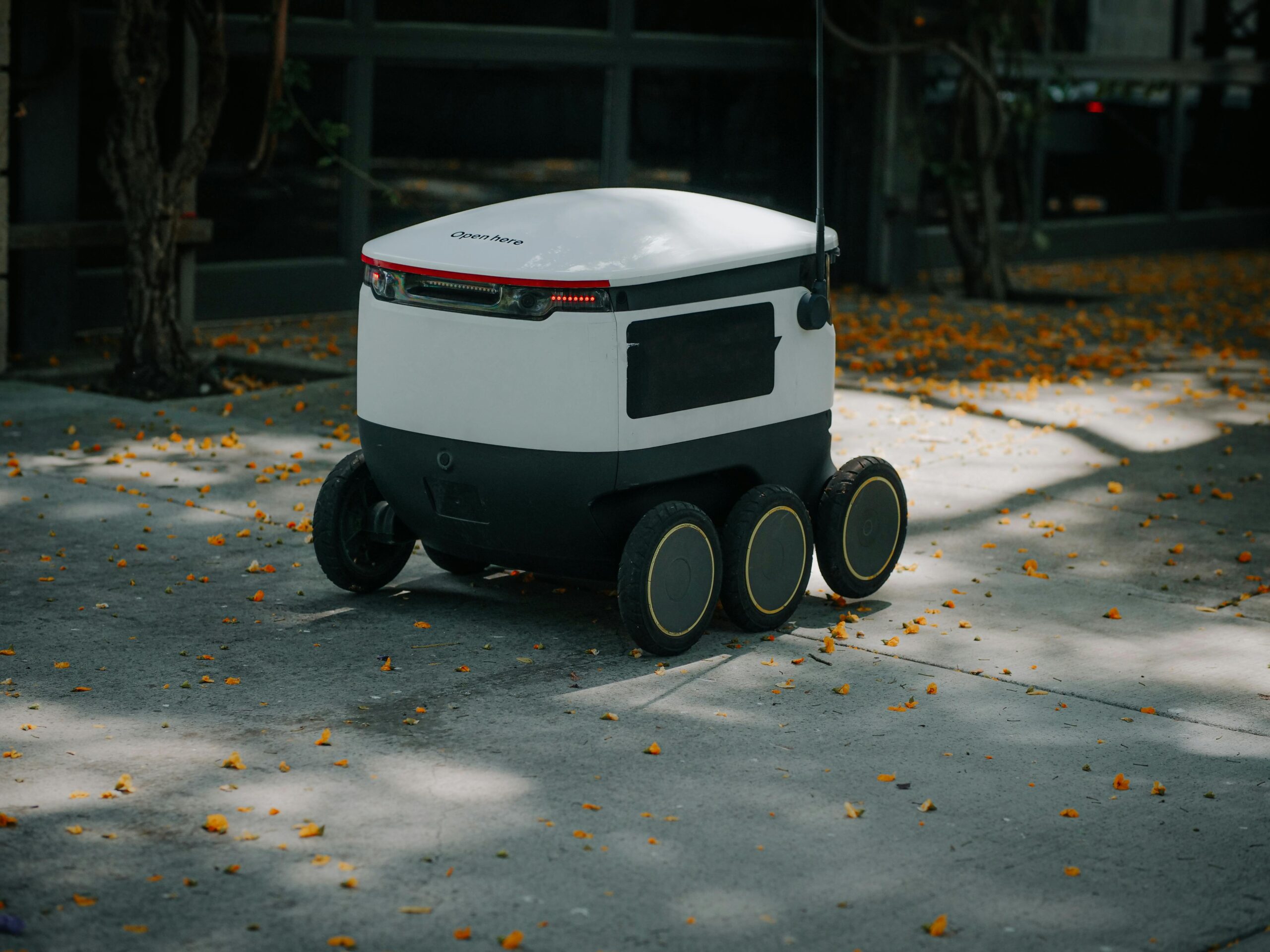At the 29th Conference of the Parties (COP29) held in Baku, groundbreaking solutions for sustainable urban development were showcased, with a special focus on the integration of artificial intelligence (AI) into urban planning. The collaboration between IBM and Sustainable Energy for All (SEforALL) introduced AI-driven platforms that are poised to reshape how cities plan their energy usage and infrastructure.
The launch of the Open Building Insights platform marked a significant step forward in utilizing AI to enhance urban planning and sustainability efforts. This platform provides real-time data on building usage, energy consumption, and urban growth patterns. By analyzing these data streams, cities can predict infrastructure needs, optimize energy consumption, and reduce carbon footprints. The ability to assess energy demands on a granular level is crucial for cities aiming to meet their climate targets, particularly in developing regions where rapid urbanization is putting immense pressure on resources.
India, with its fast-growing urban population, stands to benefit significantly from these innovations. The AI tools are designed to predict future urbanization trends and can assist local governments in making informed decisions regarding energy access, housing, and infrastructure. Moreover, the platform enables cities to integrate sustainable practices like renewable energy systems, energy-efficient buildings, and smart grid technologies into their long-term development plans.
The SEforALL initiative, supported by global leaders and organizations, aims to close the energy access gap in urban areas while also addressing sustainability. In India, where many cities are struggling with energy shortages and inefficient infrastructure, the adoption of AI technologies could play a transformative role in improving quality of life and achieving sustainable growth. With AI, urban planners can better understand patterns of electricity usage, water consumption, and waste generation, leading to more efficient resource allocation and ultimately, greener, more sustainable cities.
However, the integration of AI in urban planning is not without its challenges. Concerns regarding data privacy, the digital divide, and the need for skilled professionals to manage AI tools were also discussed at the conference. As cities adopt these technologies, it will be essential to ensure that AI-driven solutions are accessible, equitable, and aligned with local needs.
As the world moves towards more sustainable cities, the role of AI in urban development will continue to grow. With the right investments in technology and policy, AI can help cities meet their climate goals while improving the lives of urban residents.
References:
- “AI Solutions for Sustainable Urban Planning at COP29,” SEforALL, 2023. Retrieved from seforall.org
- “AI-Driven Solutions for Sustainable Cities,” IBM Newsroom, 2023. Retrieved from ibm.com
- “Sustainable Energy for All: The Role of AI in Urban Development,” World Economic Forum, 2023. Retrieved from weforum.org
